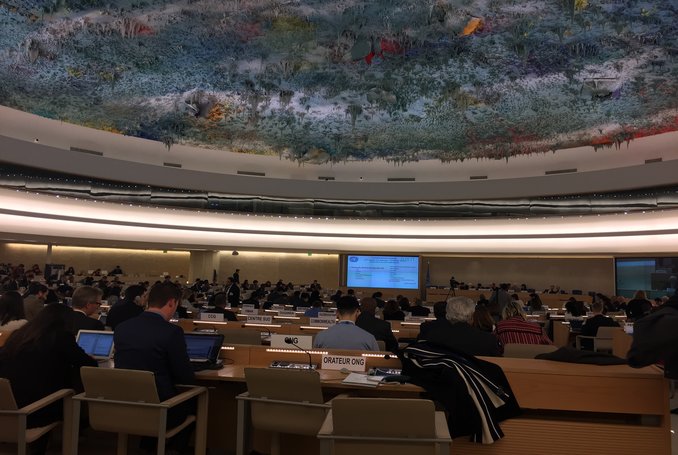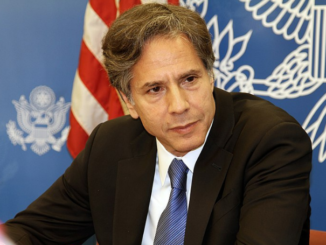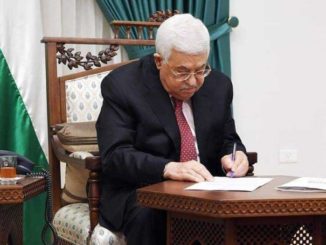
By Ramona Wadi
On Monday, Israeli lawyer Yuval Shany was appointed to chair the UN Human Rights Committee – a body of experts that monitors the International Covenant on Civil and Political Rights. Article 1(1) of the covenant states: “All peoples have the right of self-determination. By virtue of that right, they freely determine their political status and freely pursue their economic, social and cultural development.”
Commenting on his appointment as quoted in Haaretz, Shany stated:
“Currently the UN’s Human Rights Committee faces several challenges, chiefly that we live in an international climate that no longer supports human rights.”
His aim as committee chair, he said, is:
“To harness its positive and apolitical influence to secure human rights for all citizens of the world.”
There are always discrepancies between the UN and human rights. Shany’s appointment, which is not the first occasion in which an Israeli has held influential positions at the UN, is another example of how the international institution exists to serve human rights violations. By allowing Israel this platform, the committee is also calling attention to the fact that the UN is in favor of normalizing Israel’s colonial violence against Palestinians.
According to the Times of Israel, Shany described the committee as being less dictated by global politics. This specification seems to be making the case against other UN organizations which have been deemed as having an “anti-Israel bias”, notably by Israeli Prime Minister Benjamin Netanyahu and US Ambassador to the UN Nikki Haley. However, the play upon what constitutes political, particularly in terms of power, is always subject to manipulation at the UN.
Self-determination – the subject of Article 1 in the mentioned Covenant – is a political right. The presence, or absence, of such a right, cannot be divested from political acts. If by commenting upon “apolitical influence”, Shany is indicating neutrality, there is also no escaping the fact that taking such a stance is also a clear political act.
The overseeing of implementation of the Covenant, which is the committee’s role, takes the form of reviewing individual state reports and offering “concluding observations” accordingly. It is a strategy that is employed across several UN institutions and that leaves severe political implications for Palestinians.
One of these implications is the constant pleading by Palestinian officials to the UN for international protection; the latest by PLO Executive Committee Member Hanan Ashrawi. Wafa news agency carried Ashrawi’s comments, in which she emphasized the need for “serious intervention from the international community”.
Shany, however, does shine a light on international complicity in rendering the Palestinian cause apolitical. The underlying purported neutrality across UN institutions with regard to Palestine, particularly its persistence regarding the two-state compromise, makes the organization a very dangerous platform. It is easy to forget that behind the international banner, individual countries are exerting their power and building allegiances to the detriment of the oppressed.
In Palestine’s case, there is no doubt it is in dire need of political action. However, expecting such a stance from institutions that wield their political power behind screens of alleged neutrality is to cede what remains of Palestine’s political rights.
Looking within and returning to the roots of the anti-colonial struggle is important. Yet it is precisely the foundations that are being neglected, with the result that Palestinians are constantly exploited at an international level, to pave the way for the international community’s manipulation of politics that marginalizes Palestine and puts another Israeli representative at the helm.
– Ramona Wadi is a staff writer for Middle East Monitor, where this article was originally published. She contributed this article to PalestineChronicle.com.







